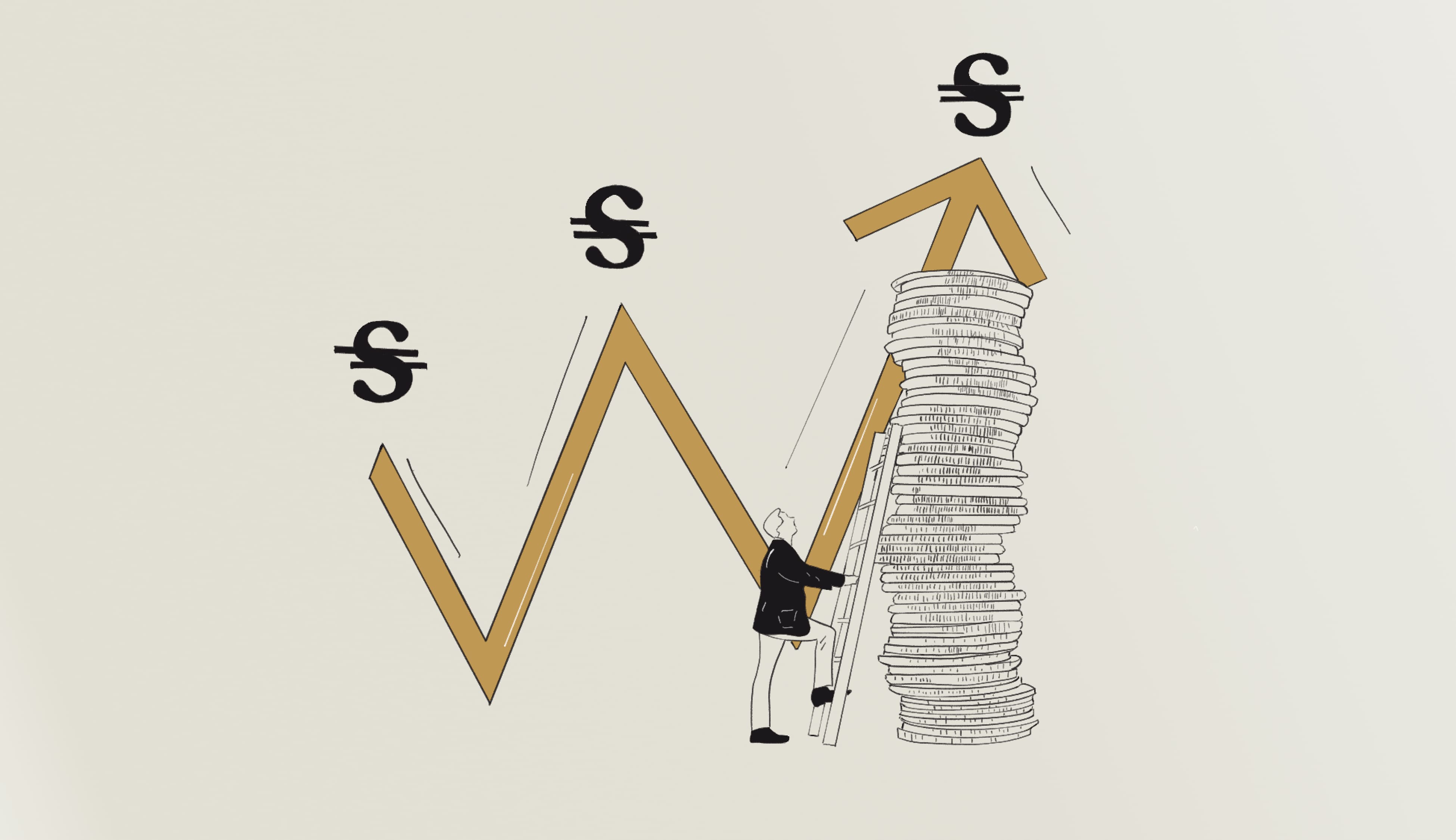Why is the world economy preparing for recession next year?
Share this post

The International Monetary Fund has revised its forecasts for economic development. The latest World Economic Outlook report says that the world is in for a recession and financial market instability. This forecast is expected to be relevant for countries that represent one-third of global output. We will soon be able to see if the overall economy can withstand the new challenges, as it has been less than two years since the last recession. In this blog, let's look at what factors have contributed to the worsening economic outlook.
Decades of poverty reduction efforts have been reversed by the pandemic and russian invasion of Ukraine. Thus, the disappearance of poverty by 2030 is now considered unlikely. Back in July, the IMF assumed global economic growth of 2.9 percent in 2023, but after reviewing its calculations, the figure is now 2.7 percent. Meanwhile, global inflation is expected to reach its highest levels by the end of this year. It should also be noted that the World Bank has improved its forecasts for a moderate recovery of the Ukrainian economy next year from 2.1% to 3.3% after a significant contraction this year.
Source of infographics: International Monetary Fund
The most serious risks can be considered those associated with new COVID-19 outbreaks, an increase in the intensity of hostilities in Europe, higher inflation, a deteriorating debt situation in the banking sector, rising food prices, and worsening global trading. It is assumed that the decline in the development rates of the U.S., China and European countries will have a negative impact on the rest of the world, especially on developing countries.
The war russia started against Ukraine will cost the world economy $2.8 trillion. But this figure may continue to grow with a cold winter and energy problems in the EU countries. This is the conclusion reached by the Organization for Economic Cooperation and Development. This is due to rising energy prices, which have reduced household spending. The war disrupted the supply chains of various kinds of products, particularly of food. Some countries, which were significantly dependent on supplies of Ukrainian food products, have found themselves on the verge of a food crisis.
One of the main challenges for the global economic system is overcoming threatening inflation, because the stability of central banks depends on it. Some steps to tighten credit policy will lead to a further reduction in economic growth. Last month inflation in the eurozone was over 10% against the ECB's target of 2%. Together with a fall in business activity in November, this is expected to lead to a recession in the near future. According to the economic sentiment indicator, the service, real estate and transport sectors could suffer the biggest losses.
The global economy is slowing more rapidly than predicted. The most important factors are considered to be the attack on Ukraine and China's problems due to coronavirus-related restrictions. Hence, inflation, commodity, and energy supply difficulties and related monetary policy issues. Developed economies are expected to raise interest rates to counteract the economic effects, but attention should also be paid to developing countries, for here the effects of the global crisis will be much more noticeable.


